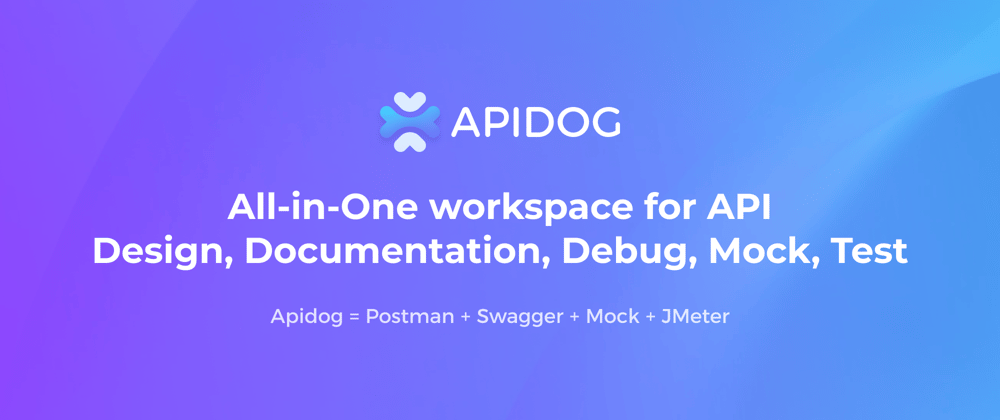How To Use Postman Json File
Leveraging JSON Files for Efficient API Testing with Postman
Postman is a powerful tool for API testing, and by utilizing JSON files, you can streamline your workflow and enhance test automation. Here’s a comprehensive guide on how to effectively use JSON files in Postman for API testing.
1. Storing Request Data in JSON Files
One primary use case for JSON files is storing request data. This allows you to:
- Organize complex data: Instead of manually entering data into the Postman request body, you can structure it within a JSON file for better readability and maintainability.
- Reusability: Define your request payloads once in a JSON file and reuse them across multiple requests, saving you time and effort.
- Collaboration: Share JSON files with colleagues for improved team collaboration and test consistency.
Example:
user_data.json:
{ "firstName": "John", "lastName": "Doe", "email": "john.doe@example.com", "password": "P@$$wOrd"}Postman Request:
- Set the request body type to “raw” and select “JSON (application/json)”
- Click the “Select File” icon and choose your JSON file (e.g.,
user_data.json) - Send the request
Postman Code:
pm.test("Status code is 201", function () { pm.response.to.have.status(201);});
pm.test("Response body contains firstName", function () { pm.expect(pm.response.json().firstName).to.be.equal("John");});2. Using JSON Files for Test Data
You can also use JSON files to store test data, including:
- Expected responses: Define the anticipated response structure and values for your API operations.
- Test cases: Organize multiple test scenarios and input/output combinations in a structured JSON format.
Example:
test_data.json:
[ { "endpoint": "/users", "method": "POST", "requestBody": { "firstName": "Jane", "lastName": "Doe", "email": "jane.doe@example.com", "password": "P@$$w0rd" }, "expectedStatusCode": 201, "expectedResponseBody": { "id": 1234, "firstName": "Jane", "lastName": "Doe", "email": "jane.doe@example.com" } }]Postman Test Script:
const testData = pm.iterationData.get("testData");
pm.test("Status code is " + testData.expectedStatusCode, function () { pm.response.to.have.status(testData.expectedStatusCode);});
pm.test("Response body matches expected values", function () { pm.expect(pm.response.json()).to.deep.equal(testData.expectedResponseBody);});3. Importing JSON Files with Collections
Postman Collections allow you to group related requests and tests. You can seamlessly import JSON files into collections:
- Create a new collection or open an existing one.
- Click the “Import” button.
- Select “Collection from File” and choose your JSON file.
- Import the collection.
JSON File Structure (Collection Example):
[ { "name": "User Operations", "item": [ { "name": "Create User", "request": { "method": "POST", "url": "https://api.example.com/users", "header": [ { "key": "Content-Type", "value": "application/json" } ], "body": { "mode": "raw", "raw": "{ \"firstName\": \"John\", \"lastName\": \"Doe\", \"email\": \"john.doe@example.com\", \"password\": \"P@$$wOrd\" }" } }, "response": [] } ] }]4. Utilizing JSON Files for Environment Variables
You can use JSON files to define and manage environment variables within Postman:
- Create a new environment or open an existing one.
- Click the “Add Variable” button.
- Select “Import from File” and choose your JSON file.
JSON File Structure (Environment Example):
{ "id": "my-environment", "name": "API Environment", "values": [ { "key": "API_BASE_URL", "value": "https://api.example.com", "enabled": true }, { "key": "API_TOKEN", "value": "your-api-token", "enabled": true } ]}5. Dynamically Generating JSON Files
Postman supports scripting and you can use JavaScript to dynamically generate JSON files:
Example:
const jsonData = { "firstName": "Alice", "lastName": "Smith", "email": "alice.smith@example.com", "password": "P@$$w0rd"};
const jsonFile = pm.environment.get("jsonFilePath");
pm.sendRequest({ url: "https://api.example.com/users", method: "POST", body: jsonData, headers: { "Content-Type": "application/json" }}, (err, res) => { if (err) { console.error(err); return; }
const fs = require('fs'); fs.writeFile(jsonFile, JSON.stringify(jsonData), (err) => { if (err) { console.error(err); } console.log(`Data written to ${jsonFile}`); });});Conclusion
Integrating JSON files into your Postman workflow significantly enhances your API testing process. From organizing request data and storing test cases to dynamically generating payload files, JSON makes your tests more structured, maintainable, and collaborative, ultimately contributing to robust and efficient API testing.
